Residents living in a retirement park near Newmachar have raised concerns their peace and quiet could be shattered as bosses turn several caravans into holiday homes.
Bosses of Nia Roo Park initially wanted permission to provide the units as permanent homes to extend the existing site.
They argued that it was “no longer viable” to offer short-term holiday accommodation at the over 50’s community.
However, previous conditions placed on the site by Aberdeenshire Council ruled out anyone from living in the new units full-time.
And so they had to come up with some alternative plans.
What will be added to Nia Roo Park?
Currently the retirement park, found on the busy route between Newmachar and Dyce, has 19 caravans available as residential homes.
But now the site, which been operating since the early 1970s, will expand by 14 units.
Under the plans, each new caravan would have two car parking spaces and electric vehicle charging points.
Ten visitor parking spaces will be added to the site too.
Three different types of caravan will be on offer, all of which will have two bedrooms.
Strict rules placed on Newmachar caravan owners
The council’s planning team agreed the design was a “logical extension” of the retirement park.
However, they added that the units must not be used as “permanent dwellings”, with measures suggested to enforce this.
They stated: “The holiday caravans shall not be occupied as a person’s
sole or main residence.
“The owner of the caravan site shall maintain an up-to-date register of the name of each occupier, their length of stay and their main home address.”
Meanwhile, a bus stop outside the park entrance will be relocated to improve visibility for motorists.
The shelter, currently on the right as drivers leave the caravan park, will be moved to the opposite side of the junction.
Members of the council’s roads team said the move would make the junction “safer” than it is at the moment.
‘We live here because it’s quiet’
However, the plan for holiday homes didn’t sit well with residents already living at Nia Roo Park.
Seven objections to the proposal were submitted to the local authority.
Margaret Cameron noted: “As one side of Nia Roo Park is totally residential with very good and helpful neighbours, the homes we have are pristine and kept that way by all the present occupiers.
“A continuity of this is what we need for the rest of the park.”
While Trevor and Susan Brown stated that the planned holiday homes were “more suited to permanent residence”.
They added: “We live here because it is quiet and because everyone is a permanent resident.
“Not someone who visits with family under 50 for a few days, weeks, months at a time.”
Residents worried about ‘noisy holidaymakers’
The application was recently discussed by members of the Garioch area committee.
Claire Coutts of agents Ryden was aware of the worry around the proposal.
“Objectors are concerned that the change would encourage families to the site and result in noisy holidaymakers,” she said.
However, she went on to tell the committee that the new caravans would be marketed to over 50’s only.
Park bosses believed that doing so wouldn’t create any extra unwanted noise or a “holiday atmosphere” at the idyllic site.
What did councillors have to say about it?
Councillor Dominic Lonchay wanted to see the plan refused, as he believed the region needed more short-term holiday accommodation instead.
He warned: “We have had many instances in Garioch of caravan parks having problems between holiday and permanent homes.
“My view is that this one is creeping towards the same situation.”
However, fellow councillor Jim Gifford believed it would be “very difficult” to refuse the proposal.
He asked for the site to be monitored going forward to ensure people wouldn’t be living in the caravans permanently.
Mr Gifford said: “It is the site owner’s responsibility in terms of people living on the site.
“Let’s make sure that these are not permanently occupied houses because that’s what they will be if we are not careful.
“We have to make the best of a very bad lot in taking this forward.”
The committee agreed to approve the application.
A previous version of this article said owners would only be allowed to stay at their caravans for up to six weeks. This condition had been recommended by planners initially but was ultimately removed.
Read more
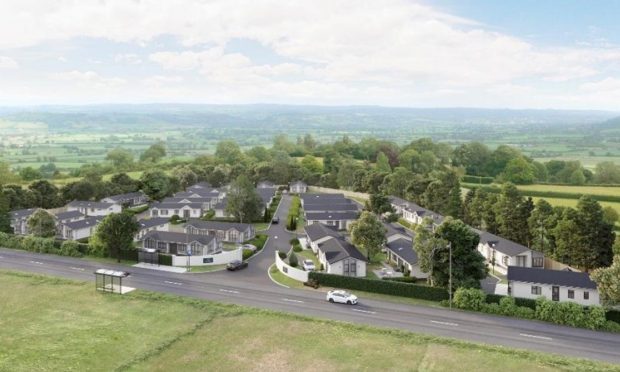
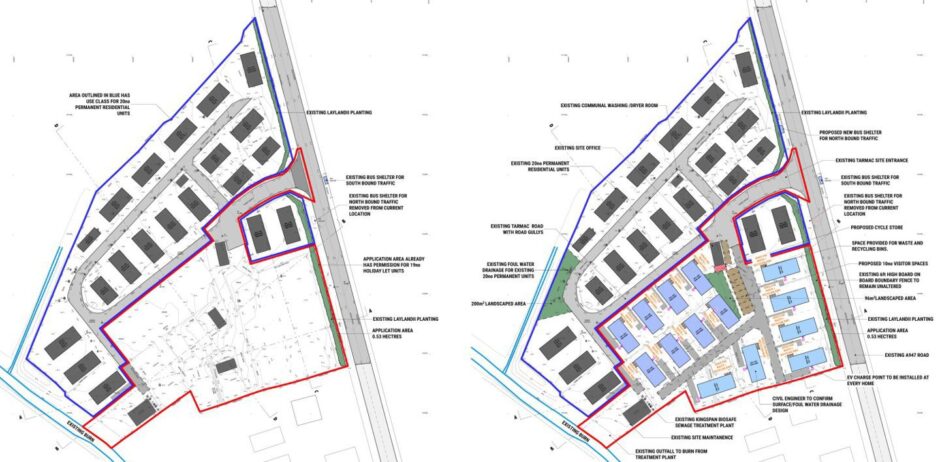
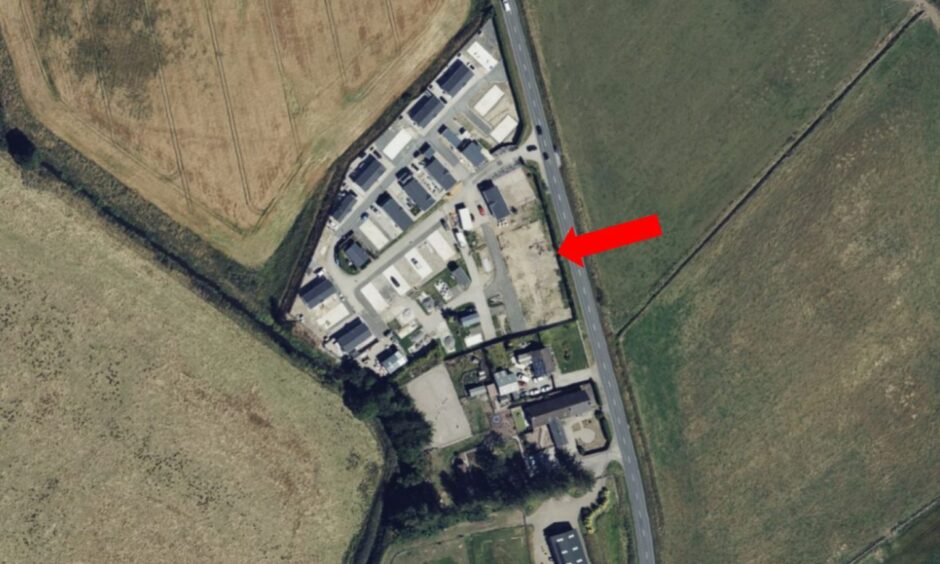
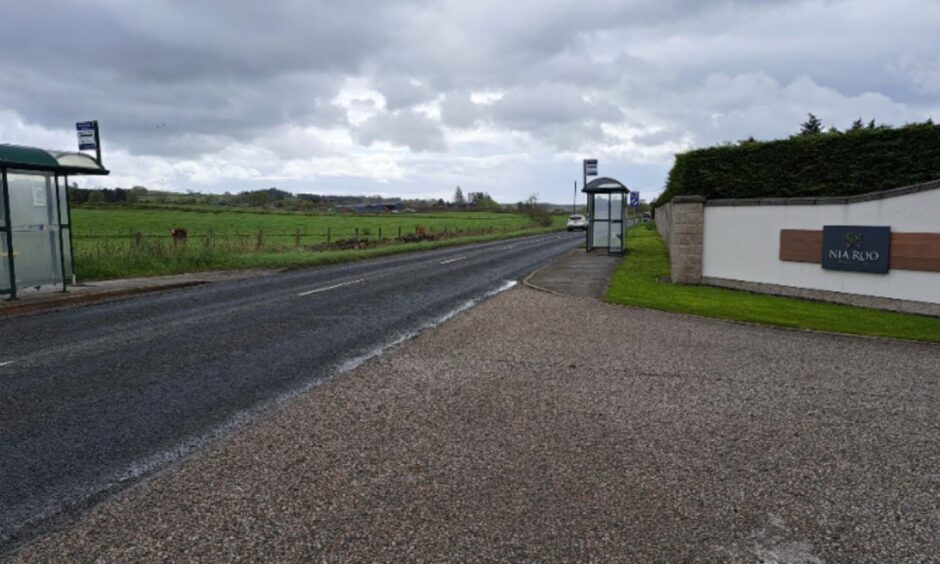
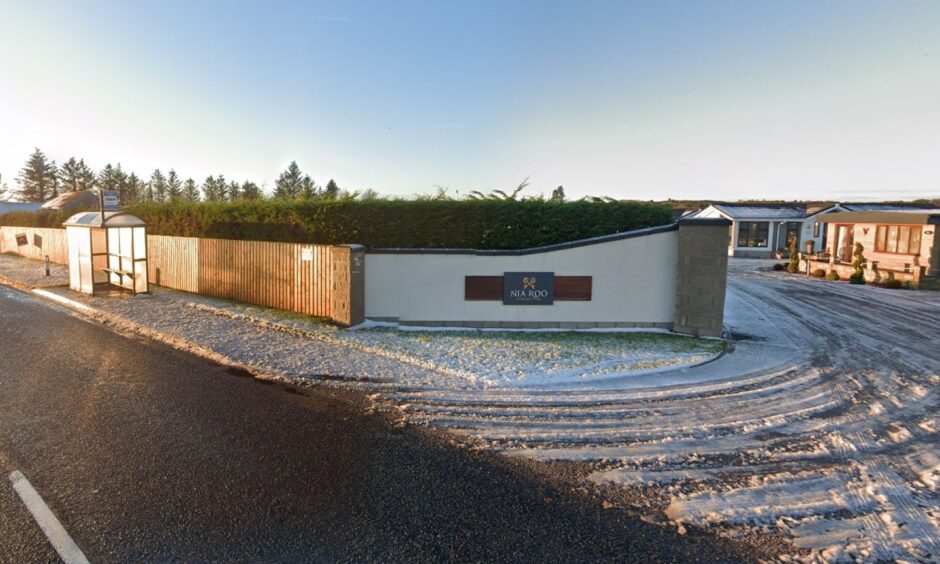
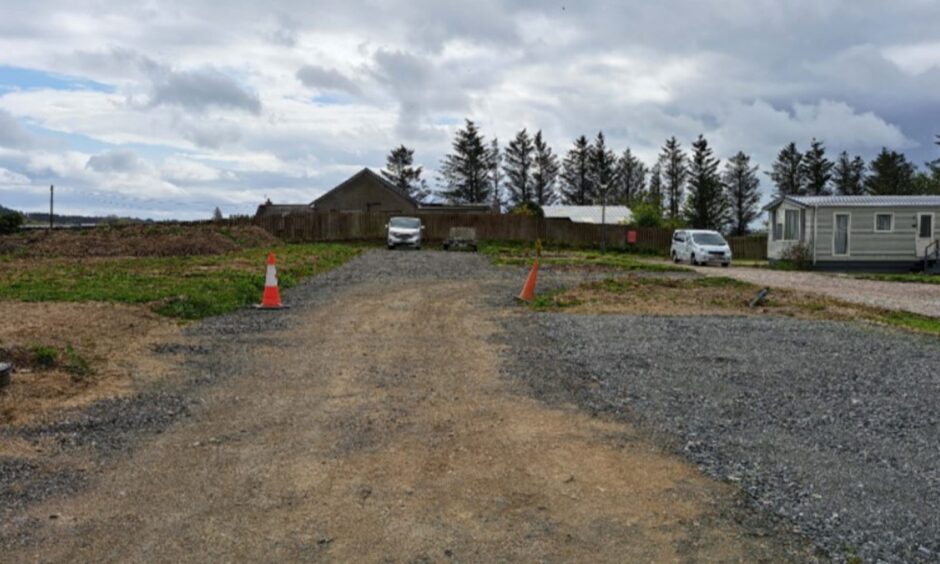
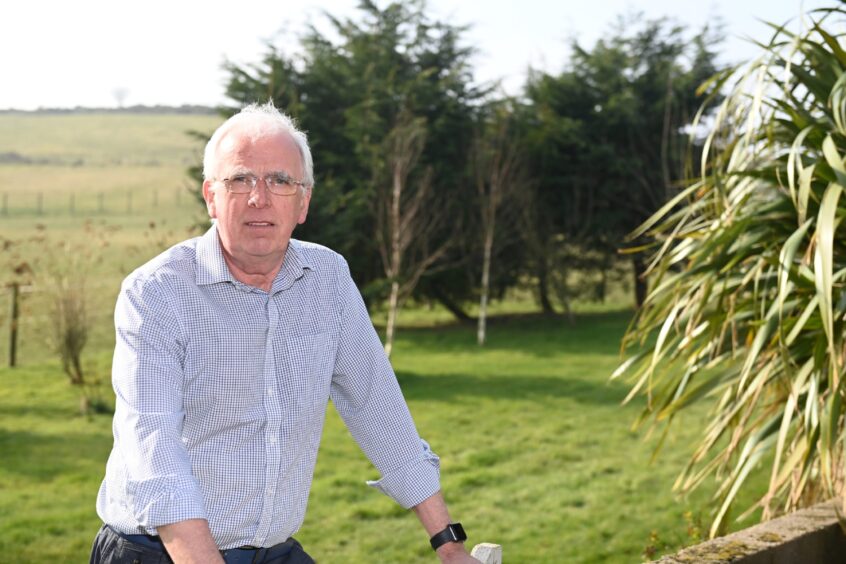
Conversation